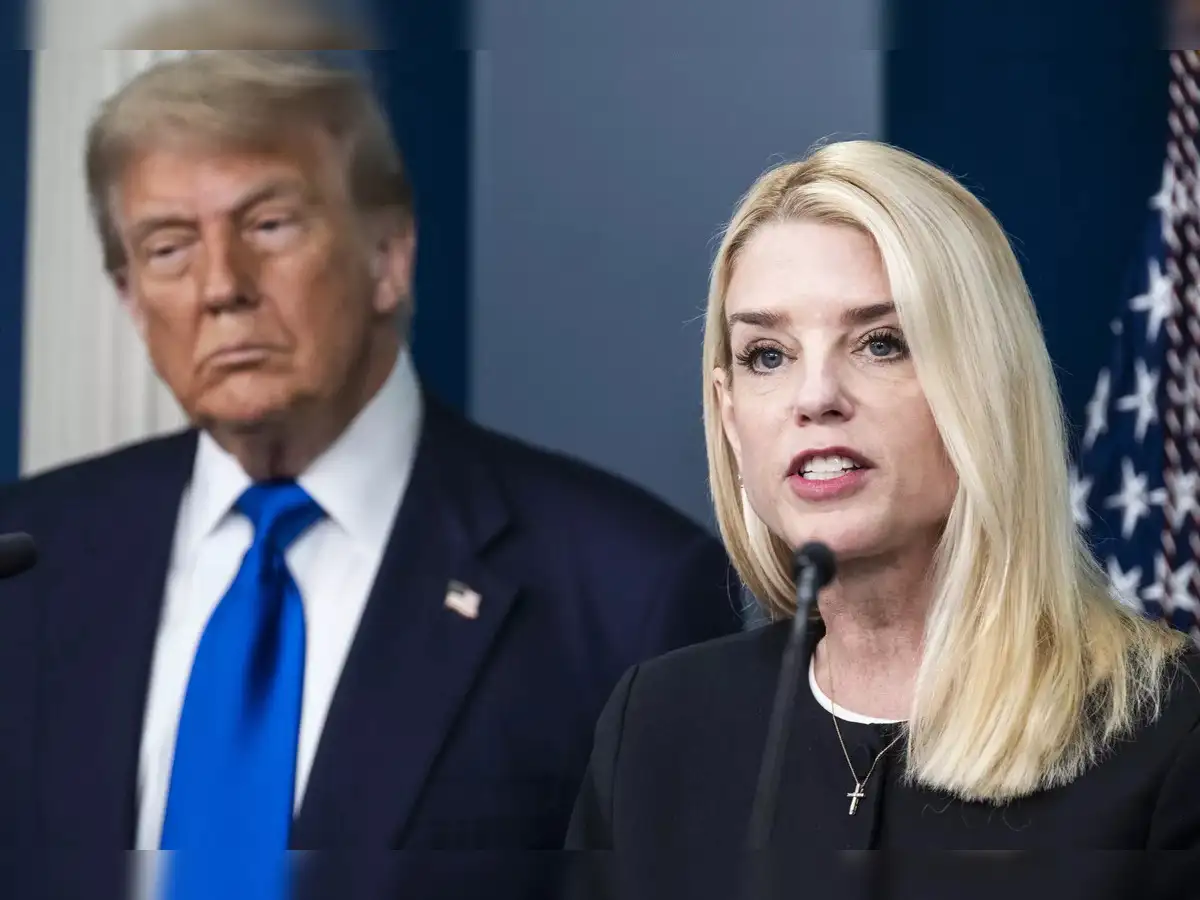Denmark assumes EU presidency - World - Chinadaily.com.cn
Denmark officially began its turn at the helm of the Council of the European Union on Thursday with its six-month rotating presidency coming at an especially stormy time.
Experts are predicting the nation will be tasked with coordinating fault lines over United States-EU trade deals and defense spending increases, while also watching for possible nudges from US President Donald Trump on the matter of the sovereignty of Greenland.
At a joint news conference in Denmark's Aarhus on Thursday with President of the European Commission Ursula von der Leyen, Denmark's Prime Minister Mette Frederiksen outlined her priorities during the months ahead, which include rearming Europe and toughening migration control.
"We need to create a stronger and safer Europe … Much can be done if we make the right decisions in time. I am still an optimist," she said.
The bloc is scrambling to reach a trade agreement with the US before the July 9 tariff deadline, after which it could otherwise face 50 percent import duties — which Trump has said he is not thinking of delaying.
Von der Leyen said that Europe is "ready for a deal" and "wants a negotiated solution", but that it is also preparing for an outcome in which no satisfactory agreement is reached.
"This is why we consulted on a rebalancing list, and we will defend the European interest as needed. In other words, all the instruments are on the table," she said.
The EU chief revealed that the bloc is mainly aiming for an "agreement in principle" rather than one in detail, because that would be "impossible" considering the volume and complexity of US-EU trade.
While Denmark will not lead the trade talks, the presidency will coordinate with member states.
Marian Duris, an international affairs analyst and adviser to a member of the European Parliament, said he was not expecting a sweeping, comprehensive deal, but limited, sectoral ones which could put Denmark in a difficult position.
"Since the EU and its negotiators have not achieved success in the negotiations, which in many respects could look like negligence …There can be only limited, sector-specific deals focused on areas like automotive, metals, or semiconductors," he said. "This fragmented approach poses a real challenge for Denmark because it will need to secure broad political support for piecemeal proposals, despite deep divergences between member states.
"Germany, Italy and Ireland push for a swift pact, whereas France and others resist any perceived concessions. To succeed, Denmark should navigate these national and European sensitivities and look for consensus in a tight time frame to avoid internal disagreements on even modest deals."
The Euronews website reported Denmark will need to play an "out-of-character role" because the country is a traditional advocate of free and open markets.
Another issue the country will face is the need to create equilibrium in the ramping up of defense output.
Von der Leyen said she "counted on" Denmark to help deliver the Readiness 2030 package she proposed in March, which aims to leverage more than 800 billion euros ($940 billion) in defense spending, of which only 150 billion euros is real money available as a loan.
Denmark has been vocal about the need to boost defense output, and has even quit the so-called "frugal four" — an informal group of fiscally conservative European countries comprising Austria, Denmark, the Netherlands, and Sweden to embrace a flexible budget.
Radhika Desai, a professor in the Department of Political Studies at the University of Manitoba in Canada and a visiting fellow at the London School of Economics and Political Science, noted growing internal disagreements among EU members and cited Slovakia's recent veto of a new package of EU sanctions against Russia (that arose because of a dispute over the phasing out of Russian fossil fuels).
On top of this, if Trump pushes to take over Greenland, an autonomous territory belonging to the Kingdom of Denmark, the situation will become even more complicated, Desai said, adding: "Denmark will be in a bit of a pickle if Trump becomes unpleasant over Greenland."
The Politico news website reported that the fear among some diplomats and officials is that Trump could use the greater visibility of Denmark to dial up his provocations, while Copenhagen will be working to keep a low profile and will want to avoid further confrontation on the issue.
Desai said she does not expect a tough reaction from Denmark if Trump pushes, while Duris said Denmark will likely respond "firmly and diplomatically", by reaffirming its sovereignty over Greenland, seeking strong support from its European allies to reinforce the international status quo, while emphasizing the autonomous territory's right to self-determination under the Kingdom of Denmark.
"Such a move would test Denmark's balancing act between maintaining its historically close ties with the US and defending the integrity of its realm, especially given Greenland's strategic Arctic position and growing geopolitical importance," Duris said.
However, Duris said the effect of such a response would be questionable, as would be the reaction of European allies, who may not be fully committed to opposing the US.







